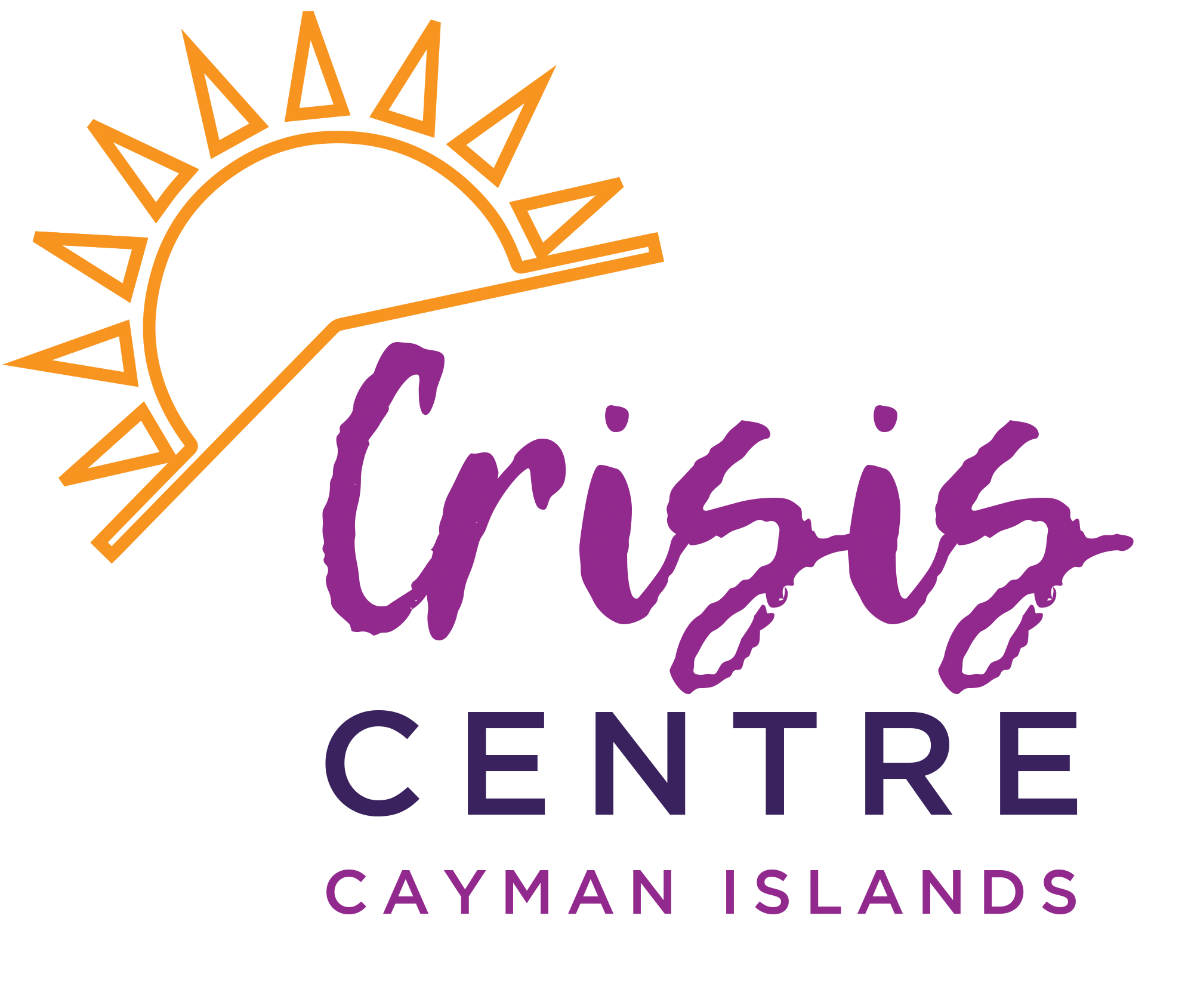Domestic and family abuse is when someone intentionally uses abuse, threats, force or intimidation to control or manipulate a family member, partner or former partner. It is characterized by an imbalance of power whereby the perpetrator uses abusive behaviors and tactics to obtain power and control over the victim causing fear.
The abuse is intentional and systematic and often increases in frequency and severity the longer the relationship goes on (Carrington & Phillips 2003, Tually, Faulkner, Culter & Slater 2008)
Abusive people believe they have the right to control their partners, and they may enjoy the feeling that exerting power gives them. They often believe that their own feelings and needs should be the priority in their relationships, so they use abusive tactics to dismantle equality and make their partners feel less valuable and deserving of respect in the relationship.
Abuse is a learned behavior. Sometimes people see it in their own families. Other times they learn it from friends or popular culture. However, abuse is a choice, and it’s not one that anyone has to make. Many people who experience or witness abuse growing up decide not to use those negative and hurtful ways of behaving in their own relationships. While outside forces such as drug or alcohol addiction can sometimes escalate abuse, it’s most important to recognize that these issues do not cause abuse.
Family abuse occurs in every culture, country and age group. It affects people from all socioeconomic, educational, and religious backgrounds and it is not gender specific. Children are also affected by family abuse, even if they do not experience or witness it directly.
Abusers use many ways to isolate, intimidate and control their partners. It starts subtly and may be hard to recognize. Early in the relationship, your partner may have been attentive, generous and protective in ways that later turn out to be frightening and controlling. Initially, the abuse is generally limited to isolated incidents for which your partner expresses remorse and promises never to do it again, or rationalizes it as being due to stress or something that you did or didn’t do.
Ask yourself these questions:
For children, effects can be demonstrated as:
It is not as easy as it sounds. Approximately 75% of abused women who are murdered are killed after they leave their partners.

